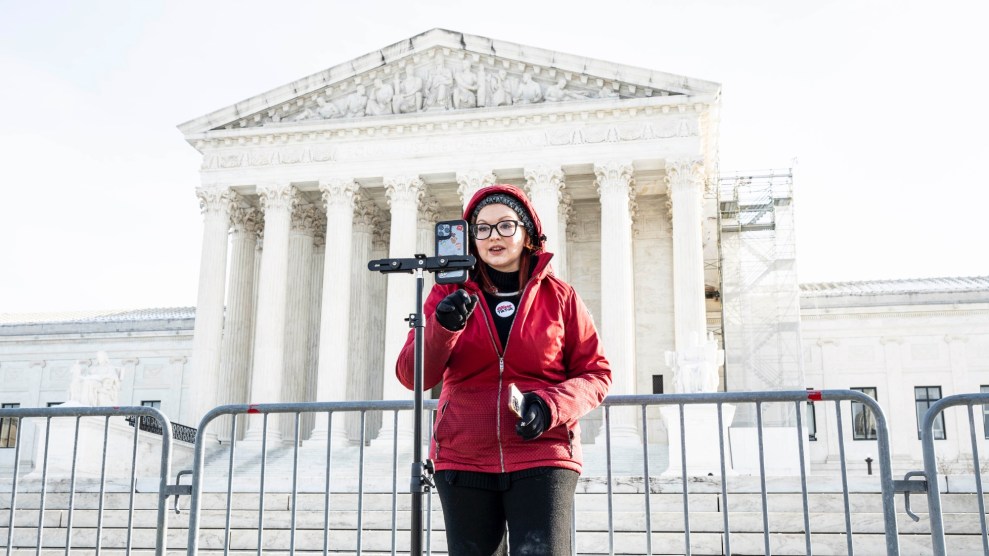In this timely (if loosely organized) report on Iran’s theocratic experiment, Geneive Abdo and her husband, Jonathan Lyons, avoid any notion of a “clash of civilizations” between Islam and the West. Instead, they describe an Iran in the throes of a battle within Islam itself: Leading Shiite clerics, many of whom helped bring the Ayatollah Khomeini to power, have turned their backs on the fundamentalist government and are leading a struggle for democratic reforms.
Abdo and Lyons — who, in 1998, became the first American journalists allowed to live in the country since the revolution — dedicate much of their book to exposing the timidity of Iran’s president, Mohammad Khatami. They show his government abandoning students, journalists, and others who seek new freedoms, leaving them at the mercy of state-sponsored thugs and sham courts. The critique is devastating, but readers should bear in mind that the Khatami administration chased the authors out of Iran two years ago.
Their heroes, by contrast, are those clerics, in particular the imprisoned Ayatollah Montazeri, willing to sacrifice personal safety to bring about a more modern and democratic Islamic government. The authors are highly sympathetic to the vision of an Islamic Republic that balances popular sovereignty with religious authority — but fail to address the problems that even a moderate Islamist government would pose for freedom of thought. Considering that Iran’s theocrats have likely outdone even the U.S.-backed Shah in their oppression, it’s surprising that neither Abdo and Lyons nor most Iranians seem to favor the separation of church and state.















